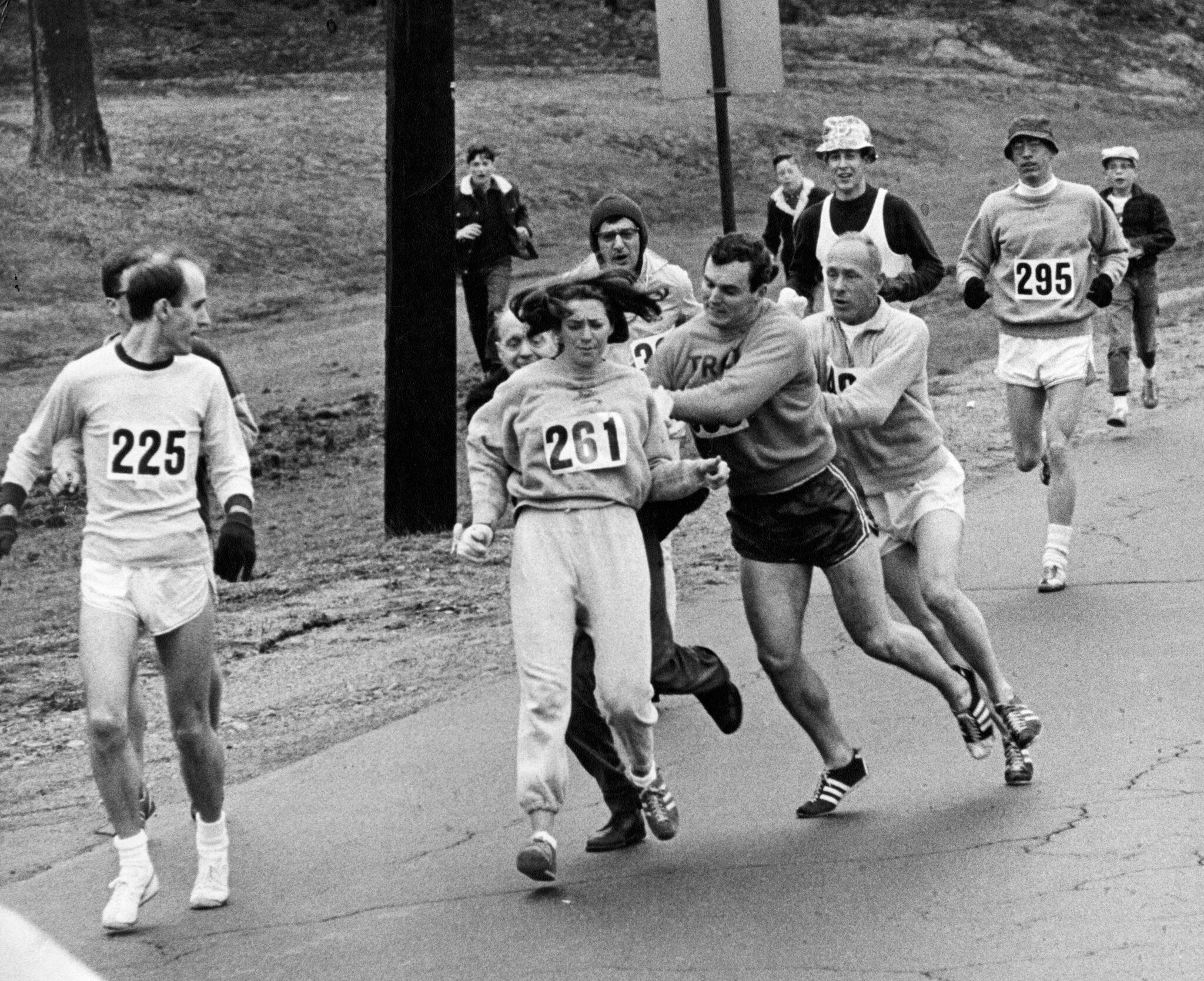Record number of entries (again), tightening window (again). Wonder why they don’t increase the number of runners accepted a smidge. I had qualified (but not enough buffer I’m sure). However, looking at hotel prices ($600+ to stay anywhere near the finish line) I’m sure they can make more money for the community.
Maybe because they don’t want to devalue qualifying unlike USAT and IM
Good, it should be HARD to get in otherwise what’s the point?
So many better races that don’t have qualifying standards.
Meh.
“You’re not a REAL Runner until you do a marathon; Boston especially” - Bart “All Runners are Liars” Yasso
It’s worth noting that Chicago also recently tightened their standards to more or less the same time requirements.
As tech improves, looking at carbon plated shoes and everyone getting faster, it might be a part of the reason why qualifying times are changing, as well as the popularity of the majors
its a demand issue, not a supply issue.
Yes a lot of demand. But lets keep in mind that the demand is self inflicted from them, as when I was racing and qualifying, the time standard was sub 2;50 for all men under 40 and I think 3;10 over 40. Women were like under 3;20 or so. So when they loosened up the standards by a lot, a real lot, that is what increased the demand. Put that old standard back and, well we can see what would happen, as not one AG even has that standard from the 80’s anymore…
Higher standards are better than lower standards if large numbers of people meeting the current standards are denied a chance to register.
yes this is true, but also an explosion of severe downhill races (up to 5000+ feet!). boston should not allow any course with more net downhill than it has.
And yet, that downhill isn’t a bargain. I’ve known many who thought it would be easy, but it takes a toll in its own right. can’t believe that in our lifetimes we saw women being physically removed from a run course, glad those days are over. seems so atrocious now.
Very true. I wasn’t hoping to go to Boston, but I was 10 minutes under BQ time on a -3000ft marathon course, and had to pull the plug at that pace by 33km and start walking and running backwards by the last couple miles to avoid damage to my quads and IT band! I felt I could grind it out and be injured for 6 weeks if I wanted to endure the pounding, but one thing I took away from that race is you definitely need to be prepared for some pain. I’d much rather take an on honest rolling or flat course.
It wasn’t all the course though, I think I had the wrong shoes for the day. Softer Nikes would have been the better choice for my bigger body on those jawing downhills
there is the other issue people assume course is downhill so gravity will do all the work. in general, if you train you will be faster.
The other assumption is that More elevation loss=faster time. Really anything more than ~5% is diminishing returns, and anything more than ~15% is slower than a flat road (over more than a short distance).
It always seemed like the fastest marathon for most people would be 15-20 miles mostly flat then the last 5-10 at a steady 3-5% downhill.
People who don’t know the difference between “downhill” and “NET downhill”
You have proof for these percentages?
People who don’t know the difference between “downhill” and “NET downhill”//
Of course that is idiotic, like saying a course that starts 12 miles from the top of Pikes Peak and finishes 14 miles downhill is somehow a fast course because is has over a 1000 ft of elevation loss. Always have to look at what is in-between that elevation loss to see if there was actually any advantage…
It would be good if the tightening standards are because amateur distance running is getting faster vs just more people wanting to get in.
I see 5ks with winning times in the 18s.
As a HS XC coach I’m mostly appalled by how slow XC is around these parts compared to when I ran XC in HS.
One can hope anyway
I know that’s an aside, but I’d hope you’re not appalled at your slow runners. I’m grateful for every kid I see out there pounding pavement, regardless of whether or not they can run a 16min 5k.
In fact, perhaps a little more so, because they are out there fighting, knowing they don’t stand a chance, and still show up anyway because it’s good for them.
I could care less if any XC kids are super fast. I want them to graduate knowing they have the tools to grab their running shoes pretty much wherever they are in the future and go for a run and be healthy, and mentally in a better place than if they sat on the couch.
I realize I might be describing a “run club” more than racing for the pinnacle of sport. But the elitist attitude about sport has pervaded basketball, football, etc. and turns off a lot of youth. And I’m thankful cross country is the sport that welcomes everyone who wants to simply get better.
